NDIS providers claiming most millions from taxpayers as some are also losing money
See which NDIS providers, including some shamed by the Royal Commission, have claimed hundreds of millions from taxpayers but are still losing money.
National
Don't miss out on the headlines from National. Followed categories will be added to My News.
Exclusive: The NDIS providers claiming the most from the taxpayer, including some named and shamed by the Royal Commission for failing to protect disabled clients from sexual assault or violence, can be revealed.
Despite the largest providers claiming hundreds of millions in taxpayer funds, many appear to be losing money according to their financial reports, with the peak body warning that the sector was heading for “market failure”.
The not-for-profit provider Scope topped the list, receiving $420m in payments from the government last year, with the NDIS costing the taxpayer $44 billion in total.
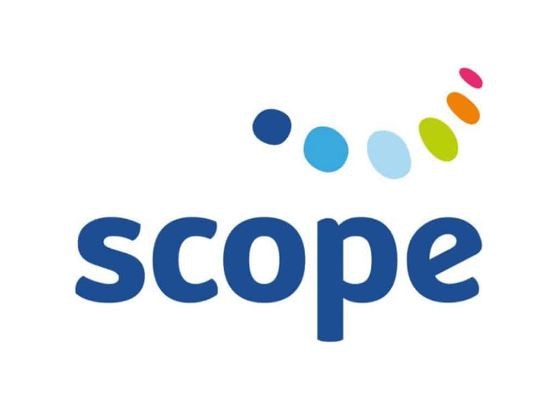

While it made $19m profit, the next two biggest earners, Life Without Barriers and Aruma, made losses.
Life Without Barriers, which received $393m in NDIS payments in 2023, was slammed by the Disability Royal Commission for systemic failings in a special report published last February, in which the CEO Claire Robbs was also criticised.
The commissioners found the not-for-profit had not supported a disabled resident after she was sexually assaulted while, in another case, it failed to remove a worker quickly enough after they had engaged in sexual misconduct with another resident.
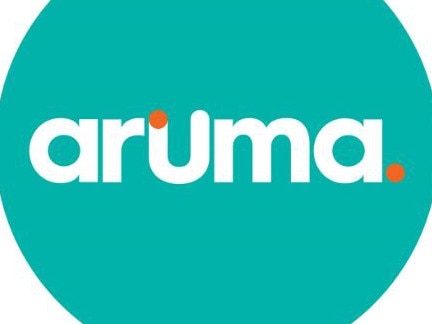
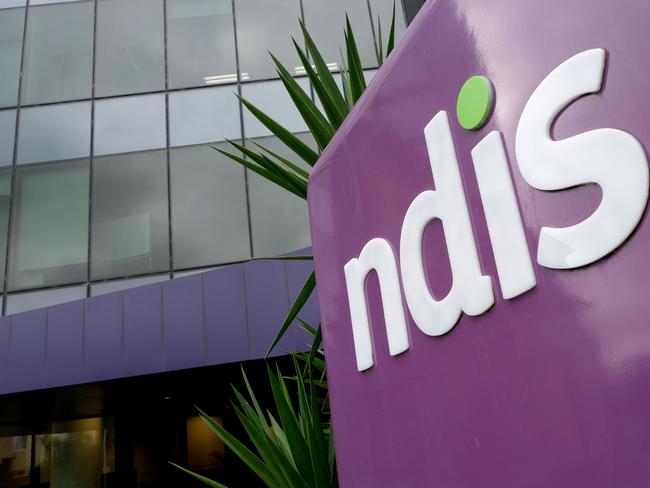
In a further report, the NDIS watchdog investigated 7000 incidents and complaints about supports in group homes between 2018 and 2022, including the top one Scope, Aruma Services, which was number three on the list and received $343.9m in NDIS payments, Endeavour Foundation, which received $169.5m in payments, and Life Without Barriers.
Another provider, Oak Tasmania, which reaped $38.2m in NDIS payments last year, is being taken to the Federal Court by the watchdog for allegedly failing to report hundreds of incidents – including unlawful sexual contact, serious injury, neglect and abuse – within the legal time frame. A spokeswoman for Possability, which owns Oak Tasmania, said they could not comment while the matter was before the court.
National Disability Services (NDS) CEO Emily Forrest said many of the large legacy providers were established more than half a century ago and were in it for the right reasons.
She said many had made significant changes since the Royal Commission.
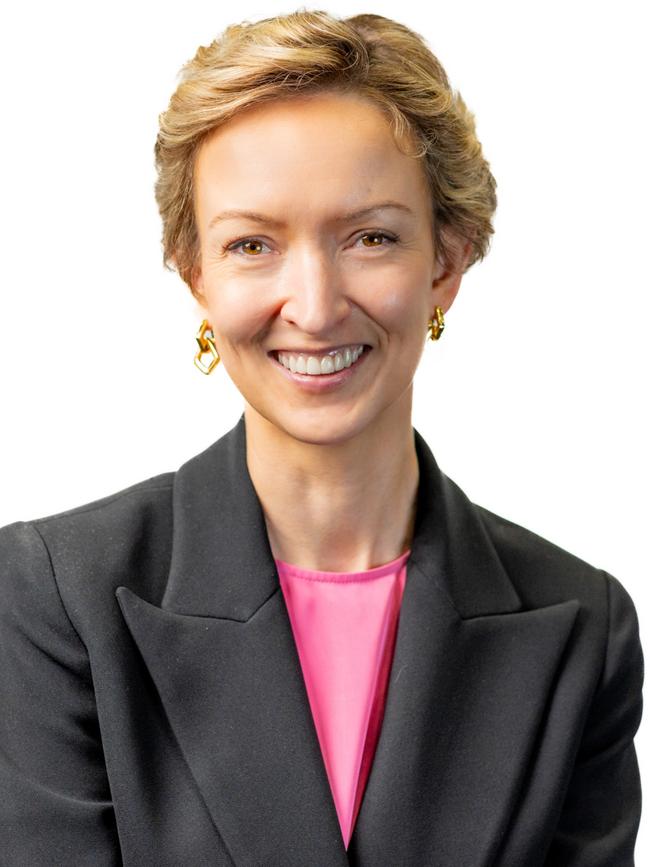

Ms Forrest said while the list, supplied following a Freedom of Information request, showed very large providers were getting lots of payments, she said they were “not turning big profits or profiteering from the NDIS”.
She said, in 2022-2023, more than half of providers made a loss or just broke even, while a recent NDS survey in July found 75 per cent of 1200 disability providers were considering closing services.
Ms Forrest blamed the dire financial situation on the disability agency for not raising the price cap on some services for five years despite inflation and a cost of living crisis.
In some cases, providers have stopped offering support co-ordinators, who connect those on the NDIS with the right services, because the payments no longer cover the costs.
Allied health services is another area which is becoming unsustainable.
“The overall trend is a sector heading towards market failure,” Ms Forrest said.
“Many of the providers have been drawing on their financial reserves year-on-year.
“We are getting to the pointy end where these cash reserves are running out.”
She said providers want an independent body to set the NDIS price list, rather than the National Disability Insurance Agency (NDIA) which is under pressure to rein in spending.
On Thursday, NDIS Minister Bill Shorten announced a new independent pricing committee will review how NDIS prices are set and advise and give recommendations to the NDIA. The provider’s peak body said it wanted an independent body to set prices, rather than the NDIS. A spokesman for the NDIA said it is working towards delivering a new pricing approach in 2025 that ensures the market is able to deliver high quality supports that meets the diverse needs of NDIS participants while supporting the scheme’s ongoing sustainability. NDIS data shows the provider market is still growing. In the June quarter there were 215,779 active providers delivering services through the NDIS – up from 167,409 in the same quarter a year earlier.
PARENTS FEAR PROVIDERS TURNING CLIENTS AWAY
Parents claim a change to the NDIS fee structure has prompted some providers to turn away clients with the greatest needs – because they now cost more.
Jenny Best, 56, said her daughter Ashlee, 26, who has Sturge-Weber Syndrome, a congenital neurological and skin condition which has left her with brain damage, has already been asked to leave one provider, and suspects it was due to costs.
She understands the financial reasons behind why providers may prefer to take on people with less challenging needs, rather than someone like her daughter, who has caused damage to property in the past.
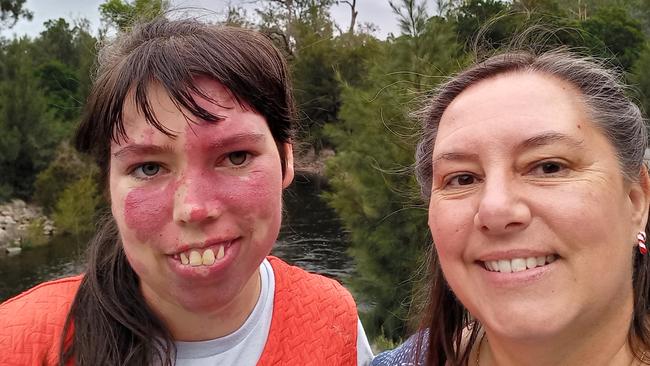
Ms Best said, before July, providers could claim higher payments for support workers who help those with behavioural issues, but that item was removed in the latest NDIS price guide.
Now providers can only claim the standard fee for a support worker.
She said it meant there was less of an incentive for providers to take on people who may incur hidden costs.
“I’ve been told the extra money they used to get went on training staff or to pay for insurance for damage or injury,” Ms Best said.
“They are hidden costs for the providers.”
Ms Best relies on daycare for her daughter so she can do her job as a public servant.
Since the changes in June, Ashlee’s providers have continued to look after her, despite getting less money.
“I live with this shadow knowing I might have to give up my job to look after her if providers feel they can’t afford to subsidise that extra cost,” Ms Best said.





